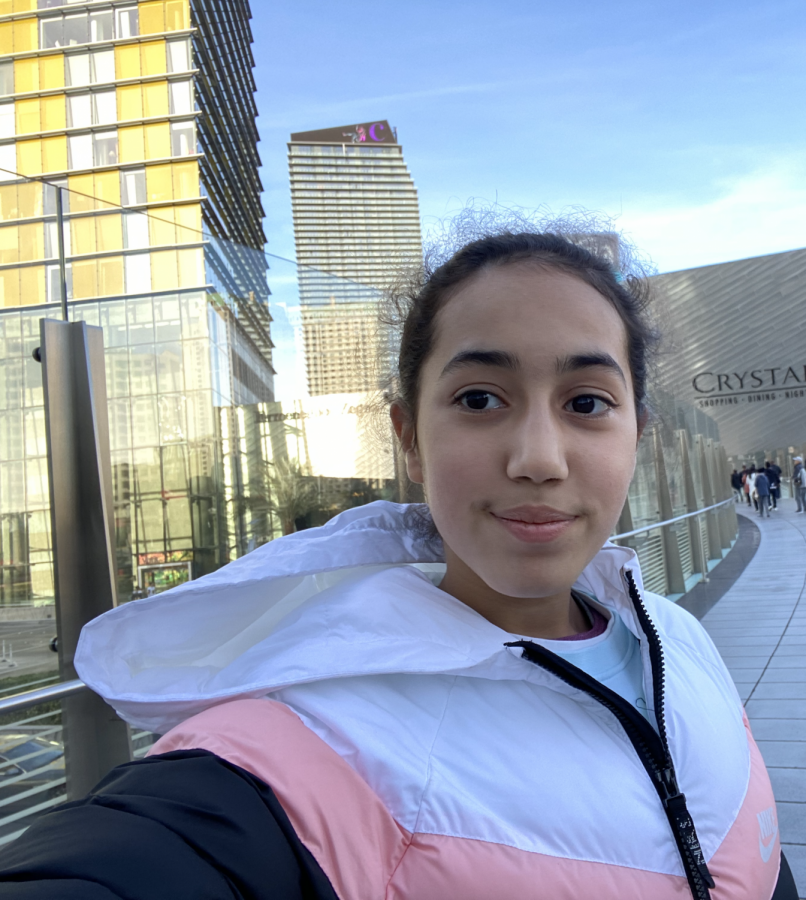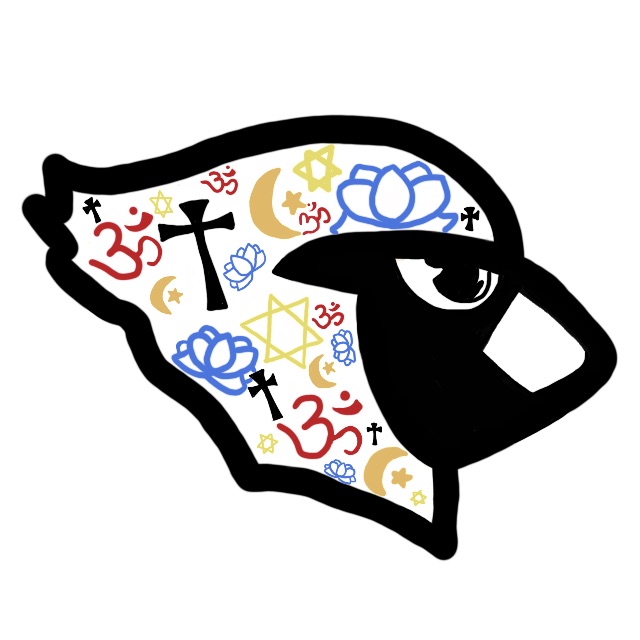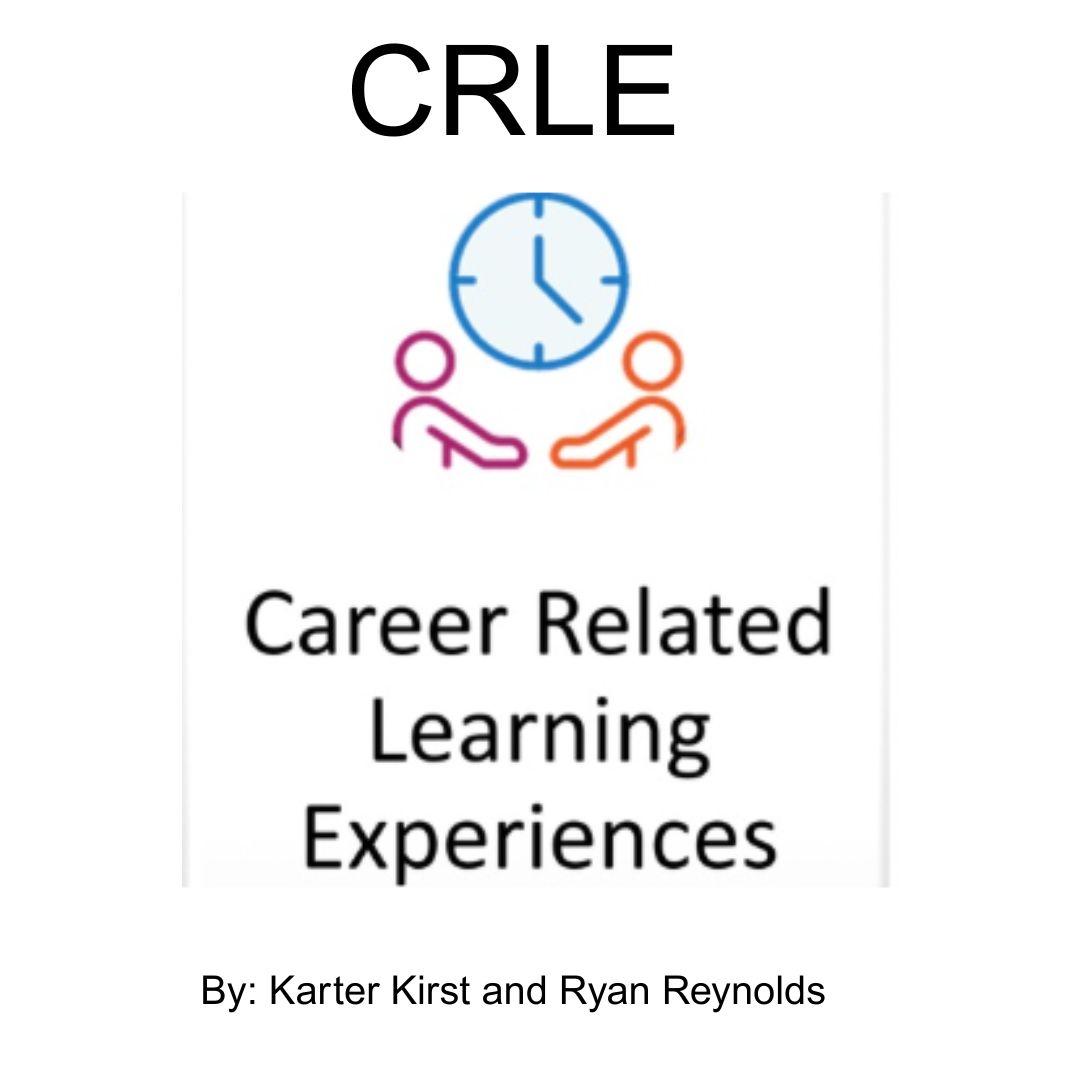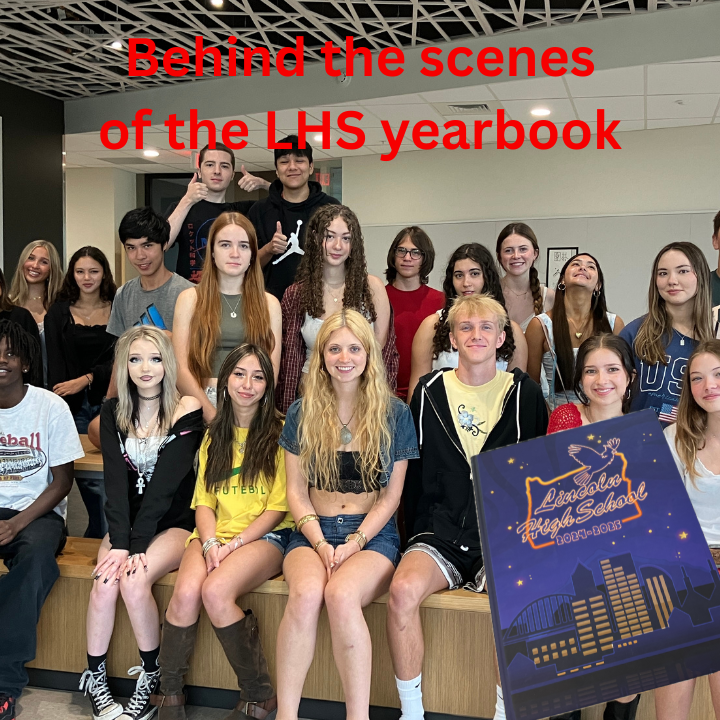Religion at Lincoln
Freshman Sarah Faik takes a selfie. Faik is a Muslim student, and isn’t afraid to share her beliefs with her peers.
November 10, 2020
It’s no secret that Portland is religiously unaffiliated, more so than many other cities in the US.
Despite this, there are many religious students at Lincoln– and some feel that their voices are frequently undermined and forgotten.
Senior Naseem Sarkez, a Muslim student, expressed that sometimes he feels like an outsider at Lincoln because few students are educated about his religion.
“Over time, it feels like no one knows that side of your identity, and then it later feels like people in the community don’t know you exist,” Sarkez said. “I’m grateful for my education here, but I’m missing many experiences such as talking to other Muslims in Arabic that I would get more often at more diverse schools. I only have two or [three] Muslim friends, so I can’t relate to most people at Lincoln.”
Freshman Sarah Faik practices Islam by praying the customary five times a day and reading the Quran, Islam’s holy text.
“Being a Muslim in a community like Lincoln and a city like Portland can sometimes make you feel alone,” she said. “Because there is such a small Muslim population, at times you can feel… like you have no one to talk to.”
Faik feels that her religion is frequently dismissed while others, like Christianity, are much more normalized and accepted.
“It’s to the point where I feel like it’s normal [for Islam] to not be recognized or talked about,” she said. “But the truth is, it’s not normal, and it’s not okay. This, we would like to change, so the Muslim community can feel more involved and whole.”
Junior Ike Salinsky practices Reform Judaism– a more progressive side of the Jewish faith. He does not keep kosher or believe in God.
“For me, Judaism is more of the culture that comes with it, like celebrating holidays and traditions. It’s also a social way to relate to other [Jews],” Salinsky said.
Senior Malia Chan, a Christian, used to attend school in Germany where education on all religions was mandatory. Here, she has found that many more students are uneducated on religion and that people tend to only focus on its negative aspects.
“You hear Christian and think conservative, older and Republican,” said Chan. “Here, people make fun of religion a lot.”
A common form of oppression that some students face are ignorant jokes about religious stereotypes.
“I get the occasional explosion or ‘Allahu Akbar’ joke,” Sarkez said.
Salinsky has been on the receiving end of gas chamber jokes and comments about his nose.
“For some reason, people see [those jokes] as really funny,” he said.
Several religiously affiliated students criticized Lincoln students for self-centering themselves and not considering other viewpoints when it comes to discussions about religion.
“I do feel there’s a stigma when it comes to… being a religious student. I feel that Lincoln students tend to avoid having conversations that they don’t find relevant to them because of their privilege,” Sarkez said. “I don’t normally talk about Islam to my non-Arab or non-Muslim friends because it almost always comes down to a conversation about how to pronounce the word ‘Muslim’ and then it ends.”
Salinsky shared a similar opinion.
“I don’t usually actively tell anyone I’m Jewish unless they’re Jewish too,” Salinsky said. “It’s just a little easier to not have to worry about someone purposely being insensitive about your culture, so I try to avoid telling people.”
Faik, on the other hand, is much more vocal and honest when talking about her faith.
“I am proud to be Muslim,” she said. “I do not feel in any way ashamed or hesitant to share my religion and discuss it with other students.”
Similar to Faik, Chan has become much more comfortable with discussing Christianity. Additionally, she is not afraid to call out harmful speech when situations arise.
“It’s important to have conversations with your friends to destigmatize [religion],” she said.
Chan believes that religion is often used to justify hate by twisting the meaning of Bible verses.
“Taking context from 2,000 years ago and trying to apply them to the real world now is complicated,” she said.
She argues that Christianity is about promoting kindness rather than divisiveness and hate.
“God is love, so you [have to] spread love,” she said. “The Bible is stories that are supposed to help you make better decisions.”
While students recognize the stigma that exists around religion, they are not afraid to defend their ideals.
“I do not believe that it is challenging to be able to have honest conversations about your beliefs because you should be true to yourself,” said Faik. “You should feel proud of what you believe in, without being ashamed because of your peers.”





